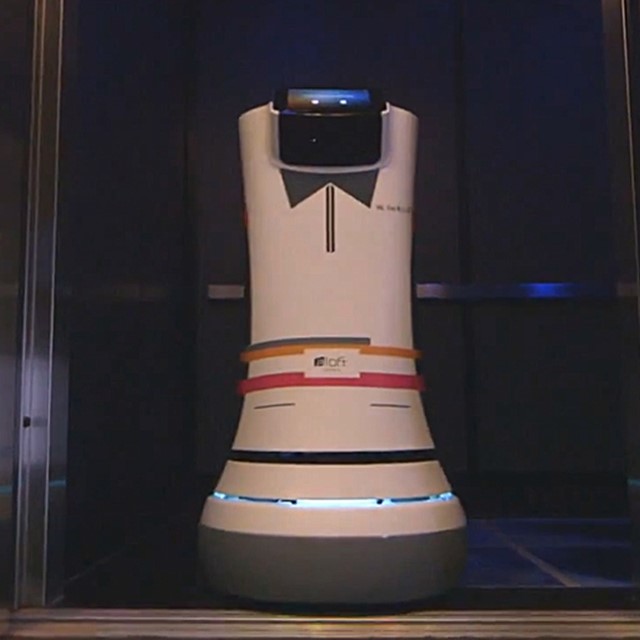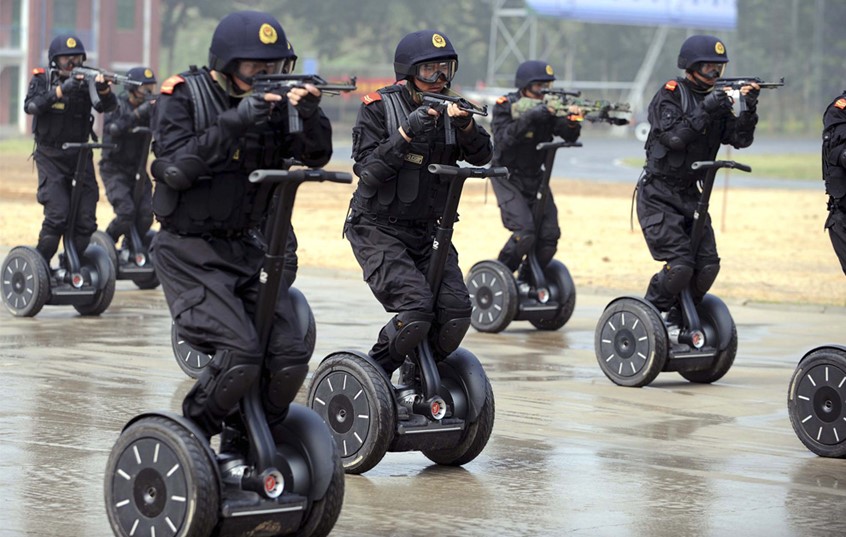The Economics Of Super Bowl Performances
August 24, 2014 in Daily Bulletin

Jordan Weissmann wrote about some news coming out of the Super Bowl:
- Typically performers of the Super Bowl halftime shows don’t get paid – the publicity bump they get is compensation enough.
- Now the game organizers are exploring the idea of having the performers pay to have the right to perform at the event.
- The logic goes that the Super Bowl deserves some of the income that the artists will get as a result of the show.
- If this practice becomes institutionalized then in the future we might only see artists who desperately need a publicity bump and are willing to pay for it perform. This may well hurt the quality.
Read more here.
Source: Slate

















Join the Discussion! (No Signup Required)